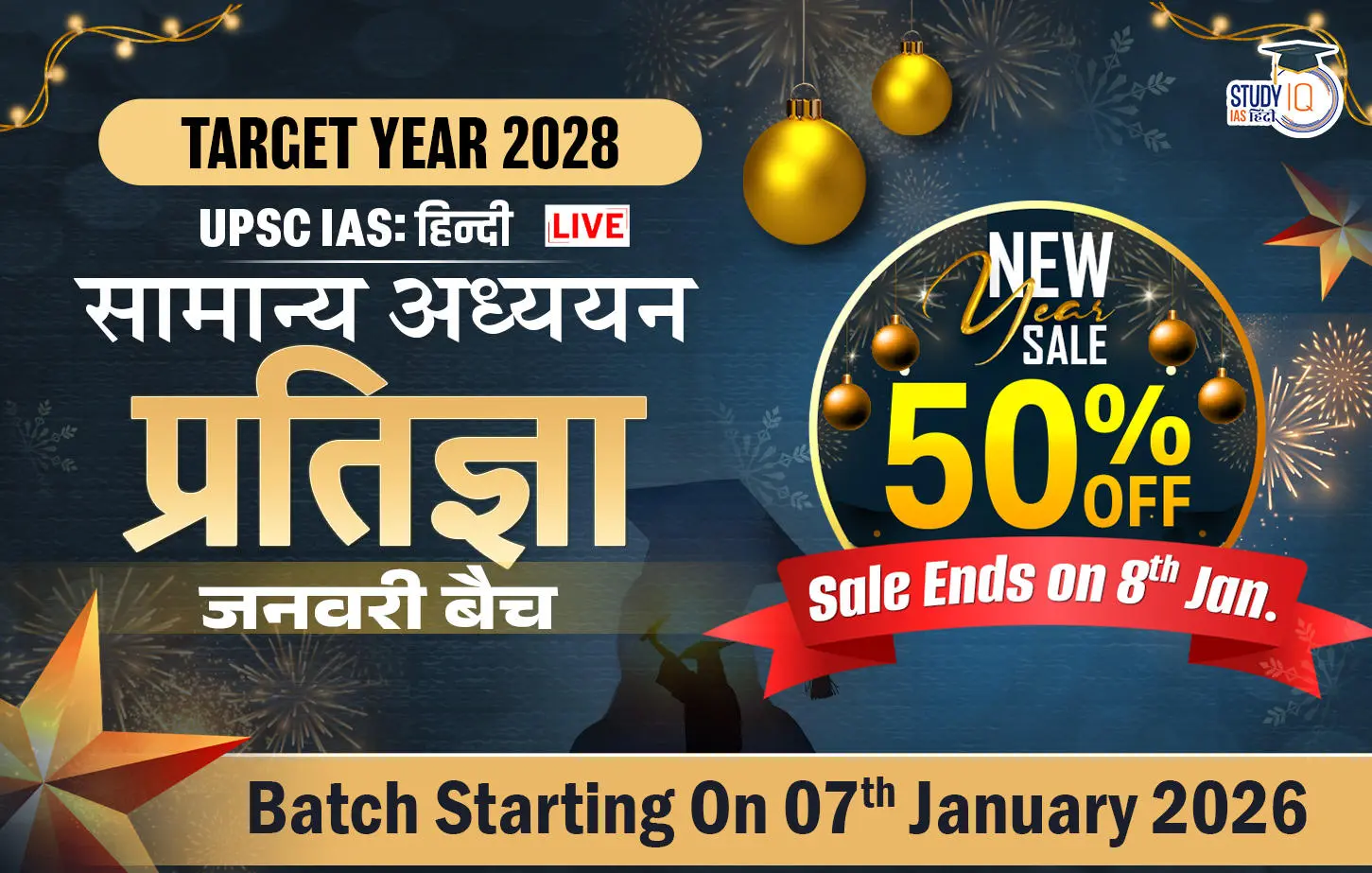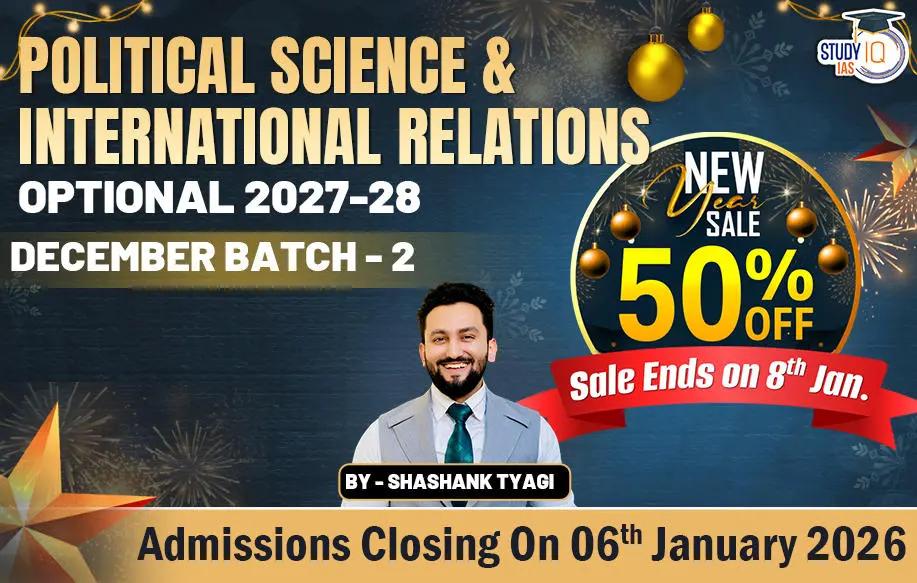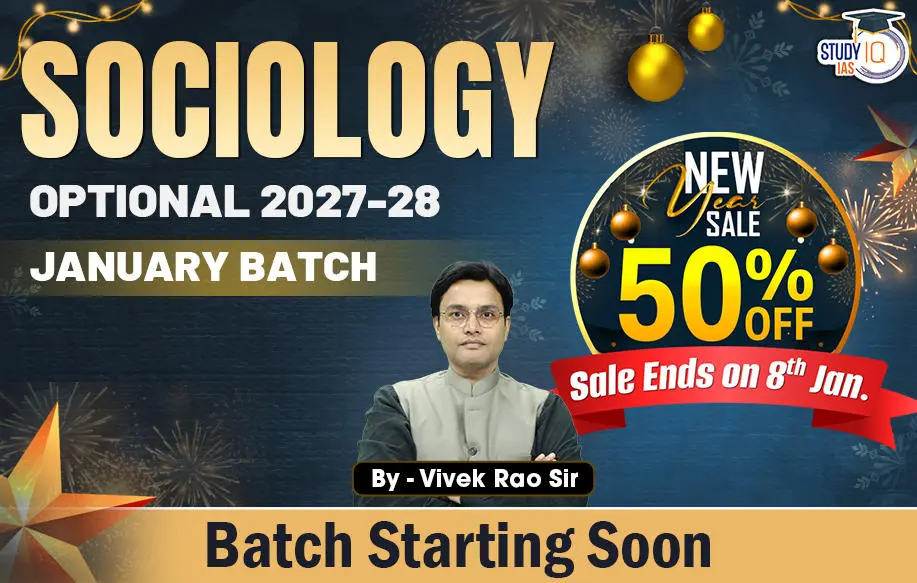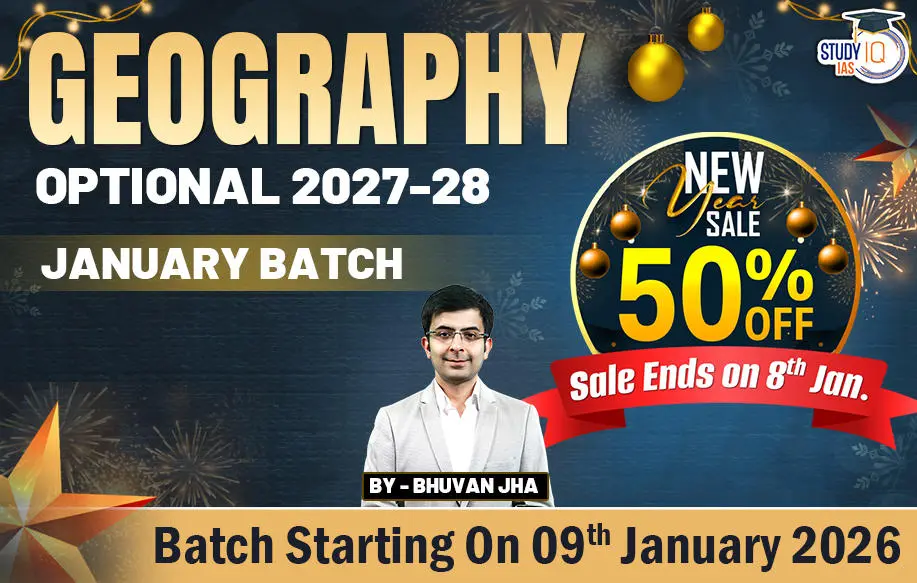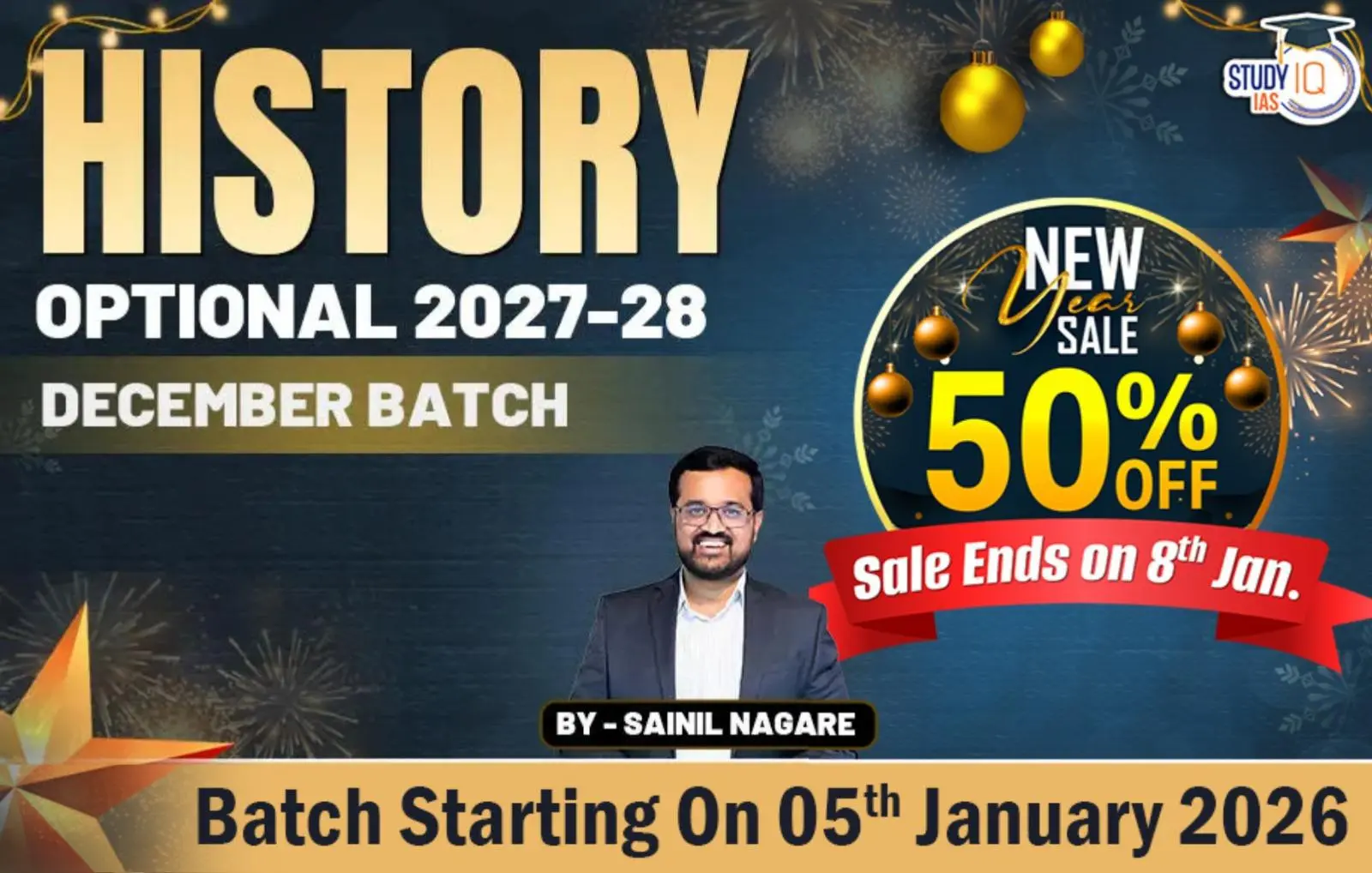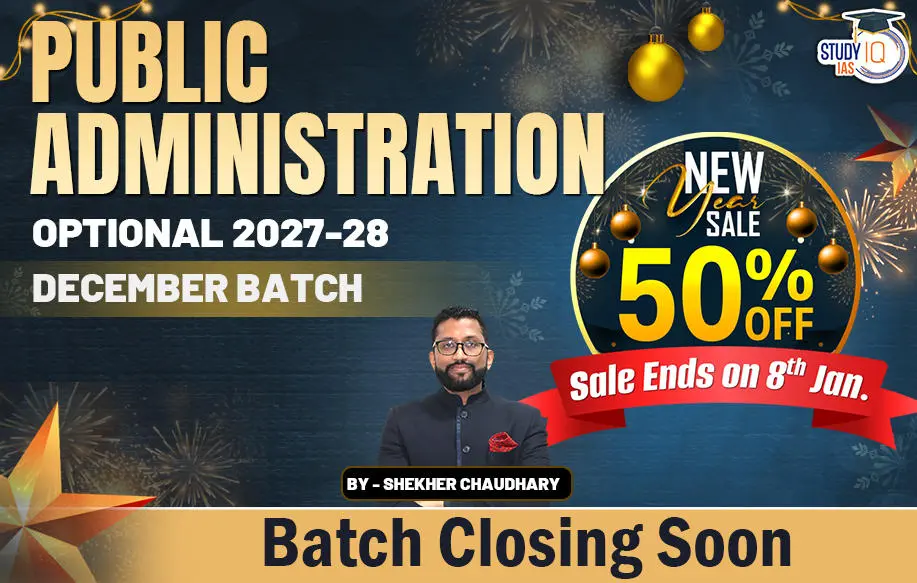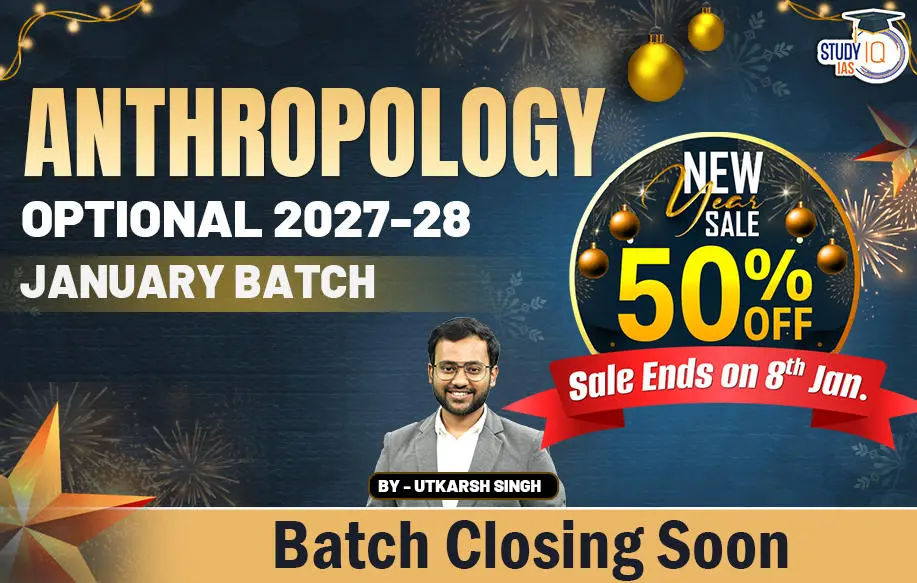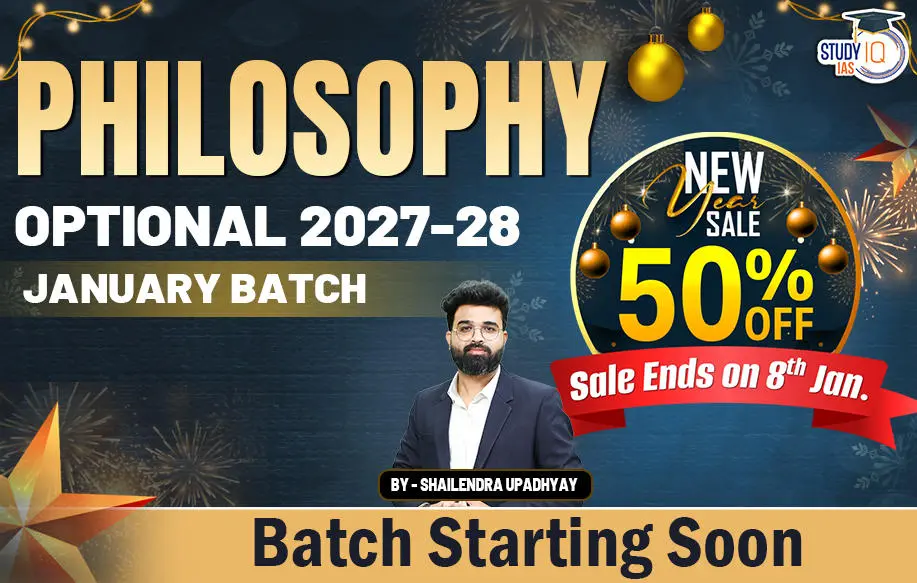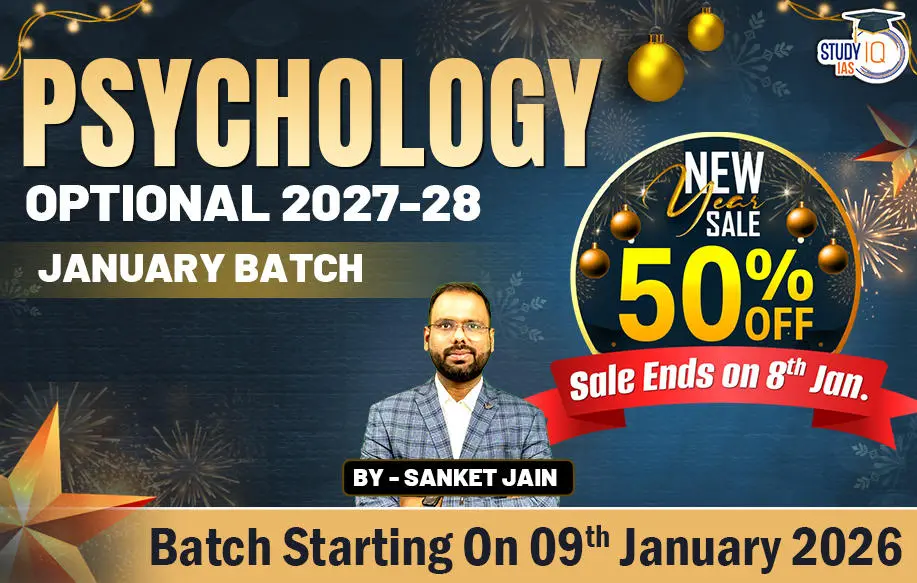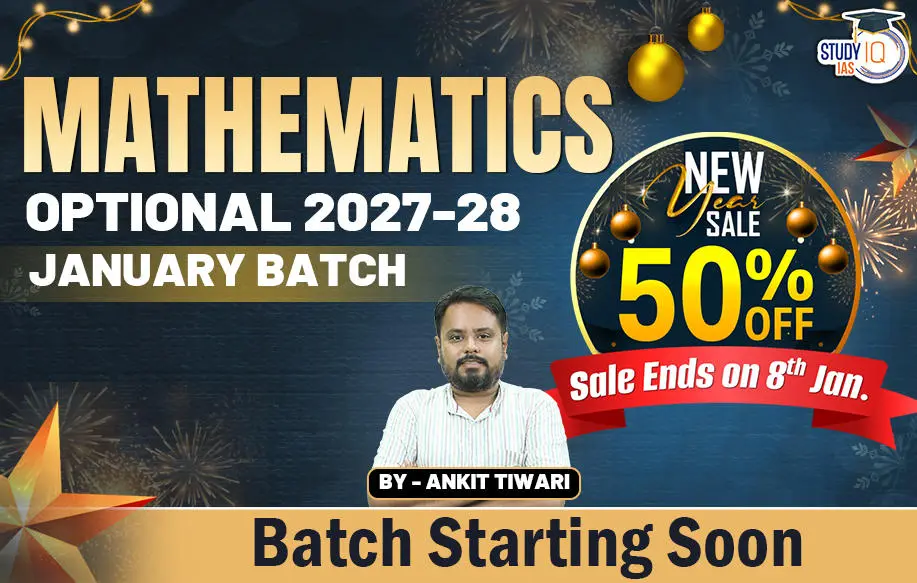The UPSC Mains General Studies Paper 4 (GS Paper 4) holds significant weight in the Civil Services Examination (CSE) as it tests a candidate’s ability to deal with ethical dilemmas, integrity, and administrative aptitude. In 2024, UPSC maintained its tradition of evaluating candidates on ethical aspects with real-life case studies, demanding clear moral reasoning and practical solutions. This detailed analysis will help aspirants understand the pattern, difficulty level, and important aspects of the 2024 Ethics Paper.
UPSC GS Paper 4 Exam Analysis 2024
The UPSC GS Paper 4 for 2024 tested the aspirants’ moral compass, problem-solving abilities, and decision-making skills under ethical constraints. Candidates who exhibited clarity in ethical concepts, provided structured solutions in case studies, and drew on practical examples were likely to score well. For future aspirants, developing a strong ethical base and practicing case studies regularly will be critical for success in this paper.
| Details |
Information |
| Conducting Body |
Union Public Service Commission |
| UPSC Mains Exam Date |
September 22, 2024 |
| Difficulty Level |
Moderate to difficult |
| Paper Duration |
3 Hours |
| Total Marks |
250 Marks |
| Official website |
upsc.gov.in |
UPSC Mains GS Paper 4, 2024 Solution
| Question Number |
Questions |
| Q1 |
a. The application of Artificial Intelligence as a dependable source of input for administrative rational decision-making is a debatable issue. Critically examine the statement from the ethical point of view.(Answer in 150 words)
b. “Ethics encompasses several key dimensions that are crucial in guiding individuals and organizations towards morally responsible behaviour.” Explain the key dimensions of ethics that influence human actions. Discuss how these dimensions shape ethical decision-making in the professional context.(Answer in 150 words) |
| Q2 |
a. “It is not enough to talk about peace, one must believe in it; and it is not enough to believe in it, one must act upon it.” In the present context, the major weapon industries of the developed nations are adversely influencing the continuation of wars for their own self-interest, all around the world. What are the ethical considerations of the powerful nations in today’s international arena to stop continuation of ongoing conflicts? (Answer in 150 words)
b. Global warming and climate change are the outcomes of human greed in the name of development, indicating the direction in which extinction of organisms including human beings is heading towards loss of life on Earth. How do you put an end to this to protect life and bring equilibrium between society and the environment?
(Answer in 150 words) |
| Q3 |
Given below are three quotations of great thinkers. What do each of these quotations convey to you in the present context?
a. “Learn everything that is good from others, but bring it in, and in your own way absorb it, do not become others.” — Swami Vivekananda
(Answer in 150 words)
b. “Faith is of no avail in the absence of strength. Faith and strength, both are essential to accomplish any great work.” — Sardar Patel
(Answer in 150 words)
c. “In law, a man is guilty when he violates the rights of others. In ethics, he is guilty if he only thinks of doing so.” — Immanuel Kant
(Answer in 150 words) |
| Q4 |
a. “The concept of just and unjust is contextual. What was just a year back, may turn out to be unjust in today’s context. Changing context should be constantly under scrutiny to prevent miscarriage of justice.” Examine the above statement with suitable examples.
(Answer in 150 words)
b. “Mindless addiction to form, ignoring the substance of the matter, results in rendering of injustice. A perceptive civil servant is one who ignores such literalness and carries out true intent.” Examine the above statement with suitable illustrations.
(Answer in 150 words)
|
| Q5 |
a. “The ‘Code of Conduct’ and ‘Code of Ethics’ are the sources of guidance in public administration. There is a code of conduct already in operation, whereas a code of ethics is not yet put in place. Suggest a suitable model for a code of ethics to maintain integrity, probity, and transparency in governance.”
(Answer in 150 words)
b. “The soul of the new law, Bharatiya Nyaya Sanhita (BNS) is Equality and Impartiality based on Indian culture and ethos. Discuss this in the light of major shift from a doctrine of punishment to justice in the present judicial system.”
(Answer in 150 words) |
| Q6 |
a. “In Indian culture and value system, an equal opportunity has been provided irrespective of gender identity. The number of women in public service has been steadily increasing over the years. Examine the gender-specific challenges faced by female public servants and suggest suitable measures to increase their efficiency in discharging their duties and maintaining high standards of probity.”
(Answer in 150 words)
b. “Mission Karmayogi is aiming for maintaining a very high standard of conduct and behavior to ensure efficiency for serving citizens and in turn developing oneself. How will this scheme empower the civil servants in enhancing productive efficiency and delivering the services at the grassroots level?”
(Answer in 150 words) |
| Case No. |
Case Study |
Questions |
| Q7 |
There is a technological company named ABC Incorporated which is the second-largest worldwide, situated in the Third World. You are the Chief Executive Officer and the majority shareholder of this company. The fast technological improvements have raised worries among government authorities, regulatory authorities, environmental activists, and the general public over the sustainability of this scenario. You confront substantial issues about the business’s environmental footprint. In 2023, your organization had a significant increase of 48% in greenhouse gas emissions compared to the levels recorded in 2019. The significant rise in energy consumption is mainly due to the surging energy requirements of your data centers, fueled by the exponential expansion of Artificial Intelligence (AI). AI-powered services need much more computational resources and electrical energy compared to conventional online activities, notwithstanding their notable gains. The technology’s proliferation has led to a growing concern over environmental repercussions, resulting in an increase in warnings. AI models, especially those used in extensive machine learning and data processing, exhibit much greater energy consumption than conventional computer tasks, with an exponential increase.
Although there is already a commitment and goal to achieve net zero emissions by 2030, the challenge of lowering emissions seems overwhelming as the integration of AI continues to increase. To achieve this goal, substantial investments in renewable energy use would be necessary. The difficulty is exacerbated by the competitive environment of the technology sector, where rapid innovation is essential for preserving market standing and shareholders’ worth. To achieve a balance between innovation, profitability, and sustainability, a strategic move is necessary that is in line with both business objectives and ethical obligations. |
- What is your immediate response to the challenges posed in the above case?
- Discuss the ethical issues involved in the above case.
- Your company has been identified to be penalised by technological giants. What logical and ethical arguments will you put forth to convince about its necessity?
- Being a conscience being, what measures would you adopt to maintain balance between AI innovation and environmental footprint? (Answer in 250 words)
|
| Q8 |
Raman is a senior IPS officer and has recently been posted as D.G. of a state. Among the various issues and problems/challenges which need his immediate attention, the issue relating to recruitment of unemployed youth by an unknown terrorist group was a matter of grave concern.
It was noted that unemployment was relatively high in the state. The problem of unemployment amongst graduates and those with higher education was much more grave. Thus, they were vulnerable and soft targets.
In the review meeting taken by him with senior officers (DIG range and above), it came to light that a new terrorist group has emerged at the global level. It has launched a massive drive to recruit young unemployed people. Special focus was to pick young people from a particular community. The said organization seemed to have the clear objective of utilizing/using them for carrying out militant activities. It was also gathered that the said (new) group is desperately trying to spread its tentacles in his state.
A definite/reliable intelligence tip was received by the State CID and Cyber Cell that a large number of such unemployed youth have already been contacted by the terrorist outfit/group through social media and local organizations and other contacts. The need of the hour was to act swiftly and check these elements/designs before they assume serious proportions.
Discreet inquiries made by the police, through the Cyber Cell, revealed that good numbers of unemployed youth are very active on Facebook, Instagram, and Twitter. On an average, many of them were spending 6-8 hours each day, using electronic devices/internet. It also came to light that such unemployed youth were showing sympathy and endorsing the messages received from certain persons, allegedly the contact persons of the global terrorist group. Their social media accounts revealed their strong affinity to such groups inasmuch as many of them started forwarding anti-national views on their WhatsApp and Facebook. It seemed that they succumbed to their play, and started propagating secessionist ideology. Their posts were hyper-critical of the government’s initiatives, policies, and subscribing to extreme beliefs and promoting extremism. |
- What are the options available to Raman to tackle the above situation?
- What measures would you suggest for strengthening the existing set-up to ensure that such groups do not succeed in penetrating and vitiating the atmosphere in the state?
- In the above scenario, what action plan would you advise for enhancing the intelligence-gathering mechanism of the police force? (Answer in 250 words)
|
| Q9 |
With a multipronged strategy of the Central and State Governments, especially in the last few years, the naxalite problem has been resolved to a large extent in the affected states of the country. However, there are a few pockets in certain states where the naxalite problem still persists, mainly due to the involvement of foreign countries. Rohit is posted as SP (Special Operations) for the last one year, in one of the districts which is still affected by the naxalite problem. The district administration has taken a lot of developmental works in the recent past in the naxalite-affected areas to win the hearts and minds of the people.
Over a period of time, Rohit has established an excellent intelligence network to get real-time information regarding the movement of naxalite cadre. To instill confidence in the public and have moral ascendancy over the naxalites, a number of cordon and search operations are being conducted by the police. Rohit, who himself was leading one of the contingents, got a message through his intelligence source that about ten hardcore naxalites were hiding in a particular village with sophisticated weapons. Without wasting any time, Rohit reached the target village with his team and laid out a foolproof cordon and started carrying out a systematic search.
During the search, his team managed to overpower all the naxalites along with their automatic weapons. However, in the meantime, more than a hundred tribal women surrounded the village and started marching towards the target house. They were shouting and demanding the immediate release of insurgents since they are their protectors and saviors. The situation on the ground was becoming very critical as the tribal women were extremely agitated and aggressive. Rohit tried to contact his superior officer (IG Special Operations) of the state on the radio set and on mobile phone, but failed to do so due to poor connectivity. Rohit was in great dilemma since out of the naxalites apprehended, two were not only hardcore top insurgents with prize money of ₹10 lakhs on their heads, but were also involved in a recent ambush on the security forces. However, if he did not release the naxalites, the situation could get out of control since the tribal women were aggressively charging towards them. In that case, to control the situation, Rohit might have to resort to firing, which may lead to valuable loss of lives of civilians and would further complicate the situation. |
- What are the options available with Rohit to cope with the situation?
- What are the ethical dilemmas being faced by Rohit?
- Which of the options, do you think, would be more appropriate for Rohit to adopt and why?
- In the present situation, what are the extra precautionary measures to be taken by the police in dealing with women protesters? (Answer in 250 words)
|
| Q10 |
Sneha is a Senior Manager working for a big reputed hospital chain in a mid-sized city. She has been made in charge of the new super specialty centre that the hospital is building with state-of-the-art equipment and world-class medical facilities. The building has been reconstructed, and she is starting the process of procurement for various equipment and machines. As the head of the committee responsible for procurement, she has invited bids from all the interested reputed vendors dealing in medical equipment. She notices that her brother, who is a well-known supplier in this domain, has also sent his expression of interest. Since the hospital is privately owned, it is not mandatory for her to select only the lower bidder. Also, she is aware that her brother’s company has been facing some financial difficulties and a big supply order will help him recover. At the same time, allocating the contract to her brother might bring charges of favoritism against her and tarnish her image. The hospital management trusts her fully and would support any decision of hers. |
- What should be Sneha’s course of action?
- How would she justify what she chooses to do?
- In this case, how is medical ethics compromised with vested personal interest? (Answer in 250 words)
|
| Q11 |
With the summer heat being exceptionally severe this year, the district has been facing severe water shortages. The District Collector has been mobilising his subordinate officials to conserve the remaining water reserves for preventing the district from plunging into an acute drinking water crisis. Along with an awareness campaign for conserving water, strict measures have been taken for stopping the over-exploitation of groundwater. Vigilance teams have been deployed to tour the villages and find the farmers who are drawing water from deep borewells or from the river reservoir for irrigation. The farmers are agitated by such action. A delegation of farmers meets the District Collector with their issues and complaints that while they are not being allowed to irrigate their crops, big industries located near the river are drawing huge amounts of water through deep borewells for their industrial processes farmers allege that their administration is anti-farmer and corrupt, being bribed by the industry. The district needs to placate the farmers as they are threatening to go on a prolonged protest. At the same time, the District Collector has to deal with the water crisis. The industry cannot be closed as this would result in a large number of workers being unemployed. |
- Discuss all options available to the District Collector as a District Magistrate.
- What suitable actions can be taken in view of mutually compatible interests of the stakeholders?
- What are the potential administrative and ethical dilemmas for the District Collector? (Answer in 250 words)
|
| Q12 |
Dr. Srinivasan is a senior scientist working for a reputed biotechnology company known for its cutting-edge research in pharmaceuticals. Dr. Srinivasan is heading a research team working on a new drug aimed at treating a rapidly spreading variant of a new viral infectious disease. The disease has been rapidly spreading across the world, and the cases reported in the country are increasing. There is huge pressure on Dr. Srinivasan’s team to expedite the trials for the drug, as there is significant market demand for it, and the company wants to get the first-mover advantage in the market. During a team meeting, some senior team members suggest taking shortcuts to expedite the clinical trials and obtain requisite approvals. These include manipulating data to exclude negative outcomes, selectively reporting positive results, foregoing the process of informed consent, and using compounds already patented by a rival company, rather than developing one’s own component. Dr. Srinivasan is not comfortable taking such shortcuts, but at the same time, he realises that meeting the targets is impossible without using these means. |
- What would you do in such a situation?
- Examine your options and consequences in light of the ethical questions involved.
- How can data ethics and drug ethics save humanity at large in such a scenario? (Answer in 250 words)
|
Structure of GS Paper 4
The GS Paper 4 is divided into two main parts:
- Theory-based questions: These test the aspirants’ understanding of ethical concepts, values, and their application in governance and administration.
- Case studies: These are practical situations where the candidate needs to showcase decision-making abilities by balancing ethics, integrity, and public service motivation.
UPSC GS Paper 4 2024 Difficulty Level
The overall difficulty level of GS Paper 4 in 2024 was moderate to challenging. While some theoretical questions were direct, they required a comprehensive understanding of ethical principles. The case studies, on the other hand, posed real-life challenges that tested aspirants’ decision-making and ethical judgment in complex situations.
- Time Management: Since case studies required in-depth analysis and clear articulation, many candidates found time management difficult. Writing concise yet comprehensive answers was key.
- Conceptual Clarity: Questions demanded a nuanced understanding of ethical concepts, which means aspirants needed a strong theoretical foundation.
Sharing is caring!


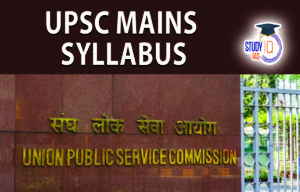 UPSC Mains Syllabus 2026, Optional Sylla...
UPSC Mains Syllabus 2026, Optional Sylla...
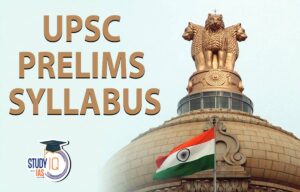 UPSC Prelims Syllabus 2026 PDF, Check Su...
UPSC Prelims Syllabus 2026 PDF, Check Su...
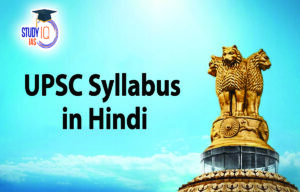 UPSC Syllabus in Hindi 2026: डाउ�...
UPSC Syllabus in Hindi 2026: डाउ�...


